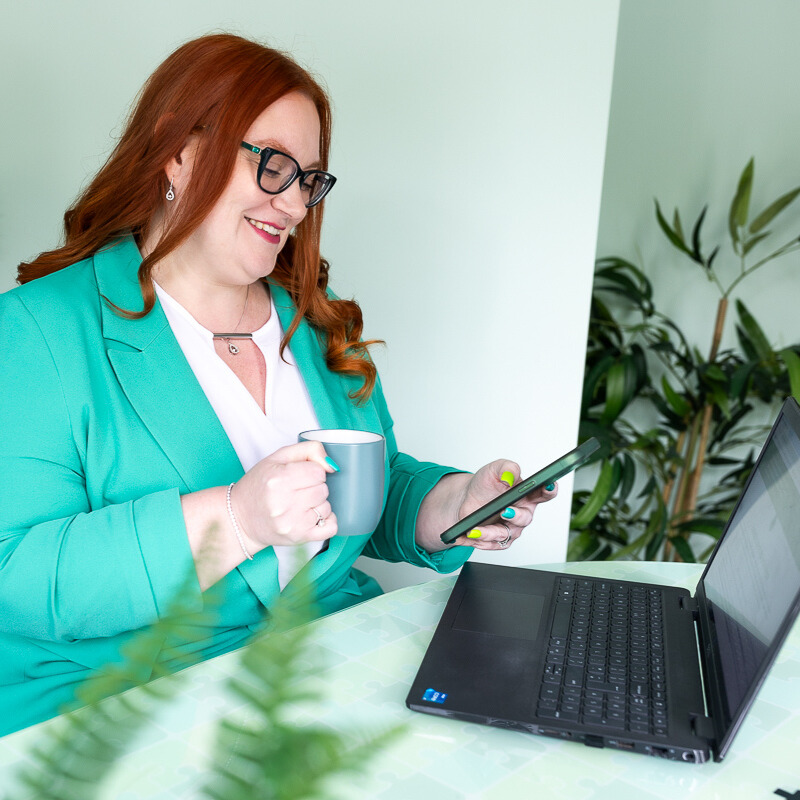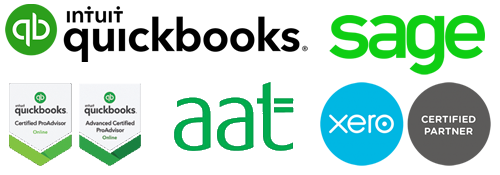
Investing in property can be a powerful way to build long-term wealth — but only when done with the right structure in place. Too often, investors rush in without understanding the financial, legal, and tax implications. The result? Missed opportunities, higher tax bills, and long-term regret.
Here’s what every potential property investor should consider before making their move.
Is Property Right for You?
Before anything else, it’s essential to assess whether property investment actually suits your financial goals, personality, and lifestyle. It’s not the passive income dream often portrayed on social media. Property can be time-consuming, emotionally demanding, and financially risky.
Ask yourself:
- Have you run the numbers on both cash and taxable profit?
- Can your cash flow handle interest rates of 6–7%?
- Are you prepared for unexpected costs, like repairs or vacant periods?
- Will you manage the property yourself — or outsource the stress?
Property isn't a guaranteed path to wealth. It requires resilience, capital, and strategy.
The Tax Pitfalls of Personal Ownership
Owning a property in your own name might seem straightforward, but it can be surprisingly expensive — especially for higher-rate taxpayers.
Rental income is added to your total income, meaning that even modest profits can push you into higher tax brackets (40%, 45% or even 60% if you earn between £100k-£125k). For some investors, this means property becomes a cash-loss venture after tax.
While the first £12,570 of income is tax-free, everything beyond that is taxed according to your total income — which could dramatically reduce your take-home returns.
Co-Ownership: Strategic, But Risky
Buying with a spouse, partner, or friend can help reduce individual financial burden, but comes with its own complications.
- Tax liability is based on legal ownership — not who paid the deposit or mortgage.
- Strategic ownership splits (such as 99%/1%) can help reduce the overall tax bill, especially if one owner is in a lower tax bracket.
- For non-married co-owners, it's critical to have legal agreements in place to protect each party and avoid future disputes.
Don’t rely on verbal agreements. Property ownership should always be underpinned by proper legal documentation.
Limited Companies: A Smarter Way to Invest?
For higher earners or those building a property portfolio, buying through a limited company can offer serious tax advantages.
Benefits include:
- Paying 25% corporation tax instead of higher personal tax rates
- Retaining profits in the business or extracting them via dividends
- Transferring company shares to children to support generational wealth
- Helping children onto the property ladder using declared income from the company
While company ownership comes with higher initial costs (such as increased stamp duty and administrative work), the long-term savings can make it a more efficient structure.
Is Property Even Necessary?
Property isn’t the only way to grow wealth. In fact, many investors overlook alternatives that may suit them better. These include:
- Fixed savings accounts with competitive interest rates (3.75%–4.5%)
- Stock market investments offering long-term returns
- Pension contributions, which are particularly tax-efficient for business owners and those using salary sacrifice
Before diving into property, it’s worth considering whether these more passive and diversified options align better with your goals.
When Property Isn’t the Right Fit
If the numbers don’t add up, or if the emotional toll of managing tenants and dealing with maintenance feels overwhelming, property may not be the right investment for you. It’s okay to walk away — or to delay until your circumstances change.
There’s no shame in deciding that the stress and responsibility of being a landlord isn’t worth it. Wealth can be built in many ways.
Speak to an Accountant Before You Buy
One of the biggest (and most expensive) mistakes investors make is purchasing property before seeking professional advice. Without understanding how different ownership structures impact tax and cash flow, it’s easy to end up with a financial model that doesn’t work.
Key reminders:
- Rental income is not automatically tax-free.
- TikTok tips and hearsay are not reliable strategies.
- Setting up a company without knowing the full implications (e.g., stamp duty or withdrawal taxes) can be a costly error.
Getting the structure wrong from the outset can lead to thousands in avoidable tax — and in some cases, problems that are difficult to fix.
Side Hustle or Full-Time Landlord?
There’s a clear distinction between occasional landlords and professional property investors. Successful property businesses require strong systems, accurate financial planning, and a clear understanding of every cost and responsibility involved.
If you're planning to scale up, be ready to treat property as a business — not a side hustle.
Final Thoughts: Structure Before Strategy
The bottom line? You should never invest in property without understanding your numbers and setting up the right structure. Property can offer excellent long-term rewards, but only when approached with the same level of planning and strategy as any other serious investment.
Get the right advice. Choose the structure that suits your financial position. And remember — if you don’t understand the spreadsheet, you probably shouldn’t be buying the bricks.
In Episode 2 of the For Finance’s Sake podcast, Rachael Chadwick-Harrison is joined by our in-house tax expert, James “Monty” Montague, to talk all things property, structure, and strategy.
Listen to the Full Episode Now




